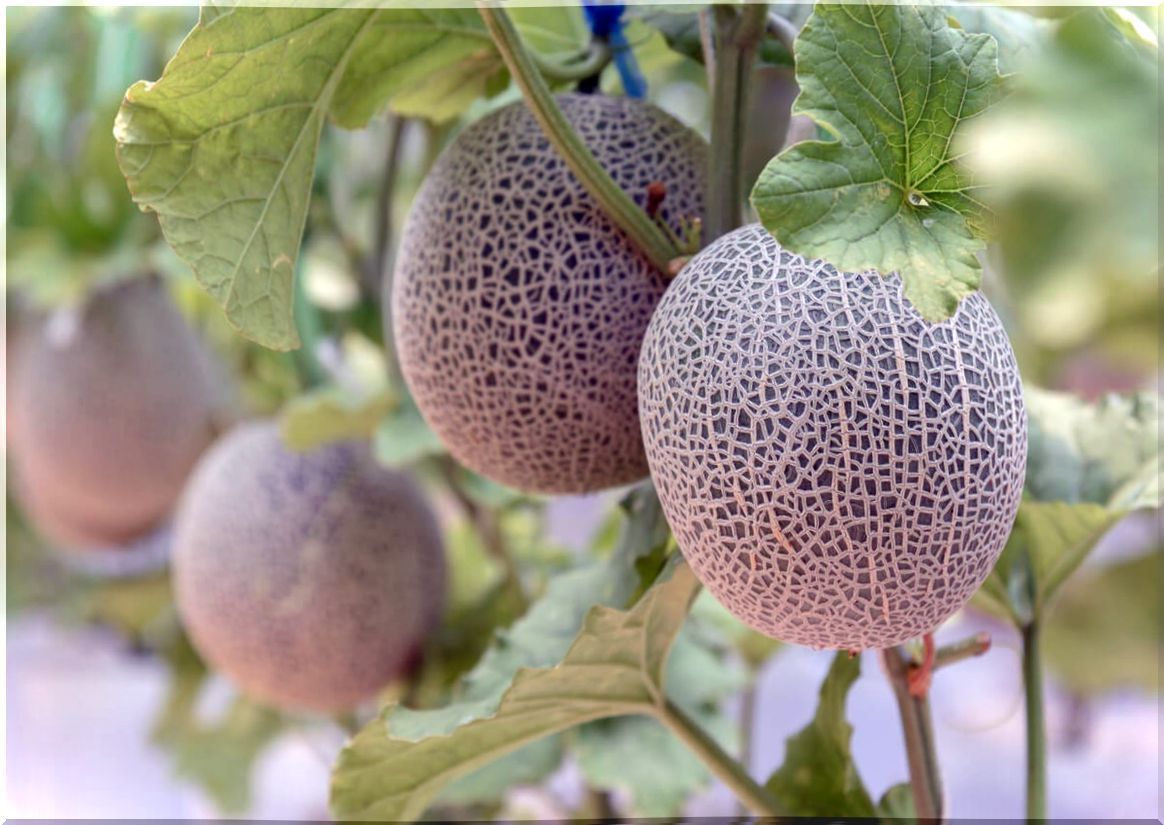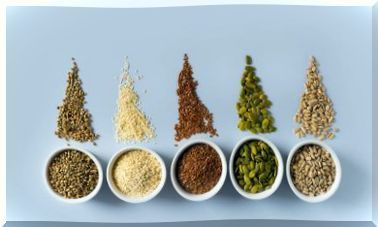Myths And Truths About Melon
The melon is a characteristic fruit of the summer periods that offers benefits for the body. However, its consumption is surrounded by a series of sentences that must be denied. Below we will offer you details about the main myths and truths about this fruit.
It is clear that the regular intake of vegetables is positive for health. It is recommended to consume a variety of fruits, in order to take advantage of different nutrients and complete the daily requirements.
Fruits stand out for their micronutrient and antioxidant content, substances that help reduce the risk of developing complex diseases in the medium and long term. At the same time, they do not contain a large amount of calories that are transformed into weight gain.
Myths about melon consumption
We are going to deal with the most common myths about the intake of this fruit. In this way, you will not be influenced by the nonsensical arguments that circulate on the web and on social networks.
Myth 1: it has a lot of sugar
It is true that melon contains simple carbohydrates in its composition; specifically, fructose. It is also true that it has a higher percentage of it than other fruits. In addition, its low fiber intake allows this carbohydrate to reach the bloodstream with some ease.
However, the sugar content with respect to the total weight of the fruit is very low. In fact, every 100 grams of melon there are only 8 grams of sugars. For its part, a study published in the journal Nutrients , considers that added sugars are harmful, not the carbohydrates found in fresh foods.

Myth 2: melon makes you fat
In relation to the previous myth, there are people who think that consuming melon can promote fat weight gain. Nothing is further from reality.
The Mediterranean diet has been shown to contribute to the maintenance of an adequate body composition. This eating method features fruits and vegetables as the base of the pyramid. For this reason, the intake of vegetables is not associated with an increase in weight.
Myth 3: it’s diuretic
The melon is made up of water to a large extent, as is the case with multiple fruits. If we consume a lot of fluids, we will increase the volume of urine excreted.
However, this does not mean that this fruit as such has diuretic properties. It does not contain any substance or nutrient that is capable of increasing what we urinate in a day, altering the kidney’s filtration mechanisms. This means that no more blood passes through the renal system for it to be converted into urine.
Truths about melon
Just as we tell you the most widespread myths, now we will review the truths about melon consumption.
Truth 1: it is better not to consume melon at night
According to what has been demonstrated by chrononutrition, the fruit should not be consumed at night. Once the sunlight disappears, the body has a worse ability to metabolize carbohydrates, especially sugars.
For this reason, eating large amounts of fruit at night can harm metabolic health, increasing insulin resistance. This leads to oxidative stress on the pancreas that, in the long run, can trigger diseases such as diabetes.
Truth 2: it contains many antioxidants
Melon, like most fruits, contains phytonutrients in its composition, with antioxidant capacity. This is stated by research published in the journal Food Science and Technology International . These substances are capable of delaying aging and preventing the appearance of diseases linked to the deterioration of cellular functions.
For this reason, regular consumption of melon is recommended in this regard. In addition, it may be a good option to make fruit salads together with other fruits, in order to obtain antioxidants of different types that complement each other and complete the requirements.
Remember that fruits with more vivid colors are usually the ones that contain the most phytonutrients, since these are mostly pigments. Phytonutrients have been shown to be lipid-lowering, that is, capable of reducing cholesterol levels and thereby reducing cardiovascular risk.

Include melon in the usual diet during the summer
The melon is, therefore, a recommended summer fruit. You can consume it alone, accompanied by ham, in fruit salad or with yogurt. What is clear is that you should include it in the diet as much as possible, taking advantage of when it is in season to emphasize its intake.
It is a food that will help you maintain a correct state of hydration, while providing essential antioxidants to enjoy an adequate state of health. As you have seen, it is a food that carries certain myths about its consumption.
Although it is necessary to assess and optimize the time of its intake, no one doubts that it can be part of a healthy diet, thanks to its nutritional value. To take advantage of all its properties, try adding it to dessert, especially after the midday meal.
In this way you will benefit from its refreshing power and, thanks to its easy digestion, it will not cause problems at the intestinal level. On the other hand, you will avoid the risk of a water imbalance caused by high temperatures.









